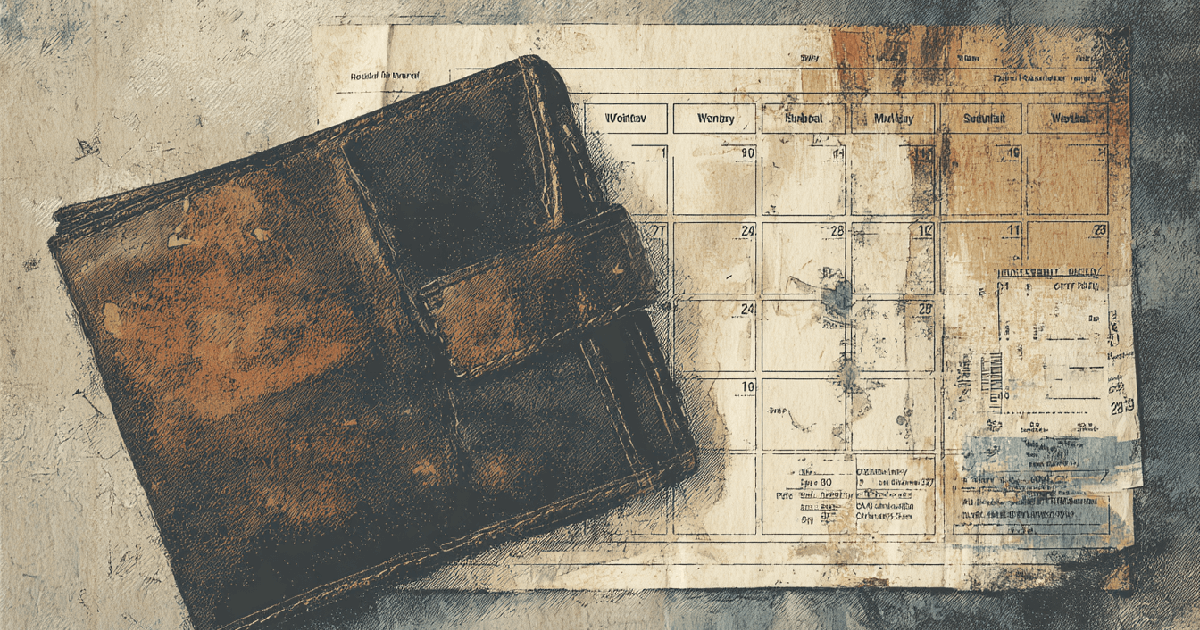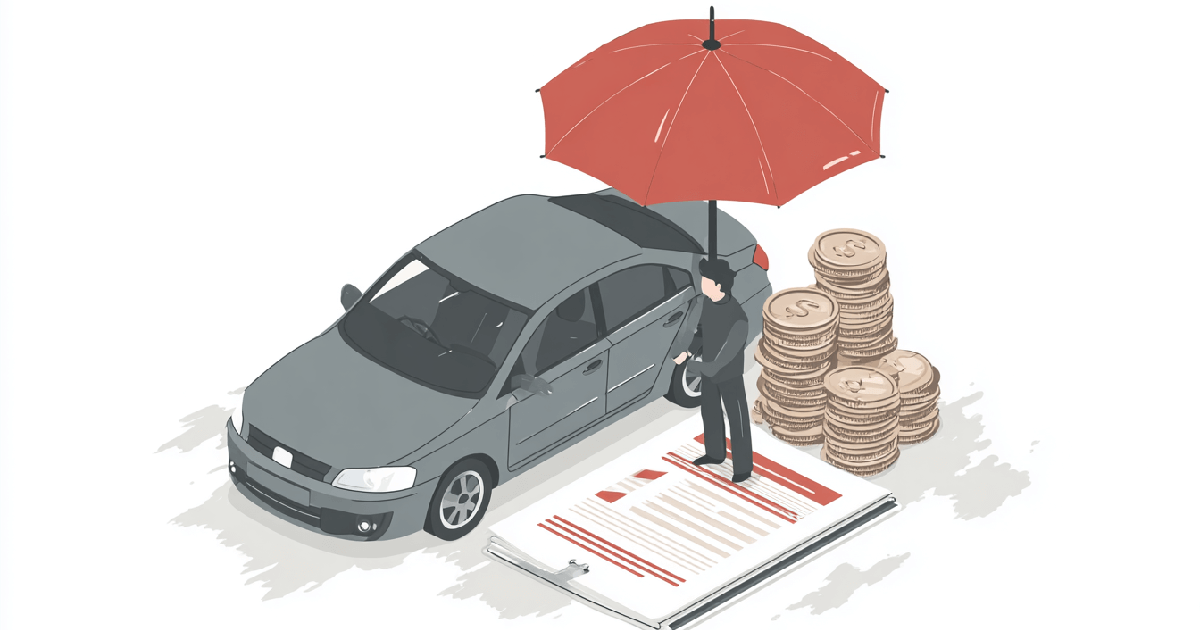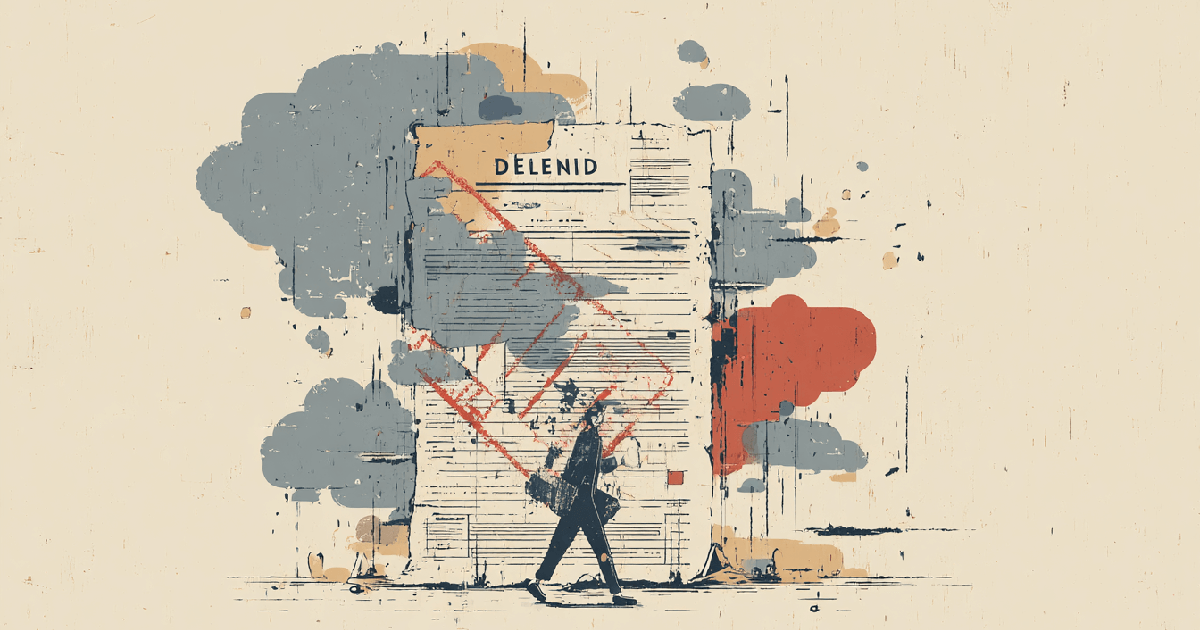What are Lost Wages?

Lost wages refer to the income an individual is unable to earn due to an injury, illness, or other circumstances that prevent them from working. This financial loss can be temporary or permanent and is commonly claimed in personal injury cases to compensate for lost earnings during recovery.
Key Points About Lost Wages:
- Compensates for income lost due to inability to work after an injury.
- Can include past lost wages (time already missed) and future lost earnings (expected future income loss).
- Often requires proof of employment, pay stubs, or tax returns to support the claim.
- May cover additional financial losses, such as lost bonuses, commissions, or benefits.
How are lost wages calculated?
Lost wages are typically calculated based on the individual’s regular income, taking into account factors such as hourly wages, salary, or self-employment earnings. In some cases, financial experts may be needed to estimate future losses.
Factors considered in lost wages calculations:
- Hourly or salary rate: Based on current earnings at the time of injury.
- Number of missed workdays: Verified by employer documentation.
- Lost benefits and bonuses: Includes commissions, overtime pay, and paid time off.
- Future earning potential: Assessed in cases of long-term or permanent disability.
What evidence is needed to prove lost wages?
To successfully claim lost wages, the injured party must provide clear documentation proving their inability to work and the resulting financial losses.
Common evidence includes:
- Pay stubs and tax returns to show past earnings.
- Employer statements verifying missed work and income.
- Medical records proving the injury prevented work.
- Expert testimony for self-employed individuals or those with variable income.
Can self-employed individuals claim lost wages?
Yes, self-employed individuals can claim lost wages, but proving income loss may be more complex. Instead of pay stubs, they may need to provide business records, tax returns, or client invoices to demonstrate their earnings before and after the injury.
Key documentation for self-employed claims:
- Previous tax returns and financial statements.
- Client contracts or invoices showing lost opportunities.
- Bank statements reflecting income trends before the injury.
- Expert analysis for projected income losses.
Conclusion
Lost wages compensation is essential in personal injury claims, helping injured individuals recover financial stability while they heal. Proper documentation and expert support can strengthen a claim and ensure fair compensation for both past and future earnings.
What are lost wages?
Lost wages refer to the income a person is unable to earn due to an injury, illness, or other circumstances that prevent them from working. This financial loss can be temporary or permanent and is often included in personal injury claims to compensate for missed earnings during recovery. Lost wages may cover past earnings, future income loss, and lost benefits such as bonuses and commissions.
How do you calculate lost wages in a personal injury claim?
Lost wages are calculated based on the individual’s regular income and the amount of time they were unable to work. Factors considered include:
- Hourly or salary rate at the time of the injury.
- Number of missed workdays, verified by an employer.
- Lost bonuses, commissions, and benefits such as overtime or paid time off.
Future lost earnings in cases of long-term or permanent disability.
Financial experts may be required to estimate future earnings loss for severe injuries.
What documents are needed to prove lost wages?
To successfully claim lost wages, an injured party must provide clear documentation proving their inability to work and the financial losses incurred. Common evidence includes:
- Pay stubs and tax returns to show past income.
- Employer verification letters confirming missed work.
- Medical records proving the injury prevented employment.
Expert testimony for complex cases, such as self-employed individuals.
Can self-employed individuals claim lost wages?
Yes, self-employed individuals can claim lost wages, but proving income loss is more complex. Instead of pay stubs, they may need to provide:
- Tax returns and financial statements from prior years.
- Client contracts or invoices showing lost work opportunities.
- Bank statements reflecting pre-injury income trends.
- Expert analysis for projected income losses.
Proper documentation is crucial to securing fair compensation for self-employed claimants.
Featured Articles
-
Behind the Verdict
Behind the Verdict: Inside the $22.75M NYC Transit Case: Truth, Tactics & a Platform to Stand On
Behind the Verdict: Inside the $22.75M NYC Transit Case: Truth, Tactics & a Platform to Stand On https://youtu.be/E-X1UHYt2DsIn one of New York’s most talked-about.
-
Glossary
What is Voir Dire?
What is Voir Dire? If your personal injury case goes to trial, one of the first steps you'll witness is voir dire—a term that.
-
Glossary
What is Tort Reform?
What is Tort Reform? Tort reform is a hot-button issue in the world of personal injury law. If you’ve filed—or are thinking about filing—a.
Explore our Contributors
Discover Next
Insights from Experts
Learn from industry experts about key cases, the business of law, and more insights that shape the future of trial law.
















